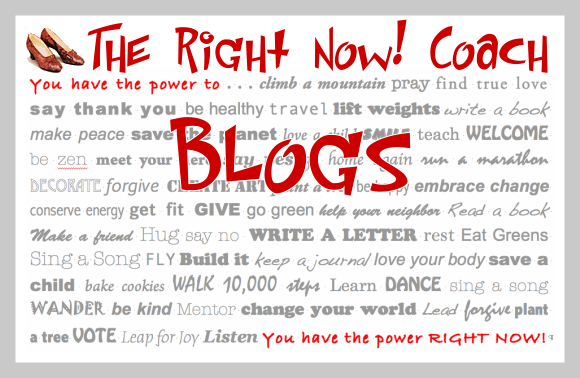—Philip Pullman
Most of my clients have experienced writer’s block. When it happens, we think that we are the only ones who suffer so fiercely. We imagine that our favorite novelists produce their books easily and fully formed. As we hit our head on our desks, struggling to find any old word (not to mention the best word), we think, “REAL WRITERS don’t have this problem. PROFESSIONALS never get blocked. If I were GOOD at this, I’d be done by now.” Yeah, right.
Writers get writer’s block. After years of writing professionally and coaching writers through blocks, I’ve learned that writer’s block is not some mysterious curse that needs to be cured. Instead, writer’s block is simply information. Writer’s block teaches us that something about our writing project or process is not working. In that sense, writer’s block is a gift. Like the pain that comes with a broken ankle, writer’s block tells us what’s broken. Once we know what is NOT working, we can fix it. Use the following questions to help you discover what writer’s block has to teach you:
1. Is this the right project for me? Sometimes we get blocked because we are working on writing assignments that are not right for us. Yeah, I know—professional writers write, no matter what. Ideally, we should be able to put together an article on either tree frogs or toe fungus with our eyes closed. But we can get embroiled in projects that don’t work for us. Writer’s block or procrastination is our soul saying, “No.” Let go of what does not work and move on.
2. Is this the right time for this project? We can love a project and desire to do it, but bump against writer’s block because the timing is wrong. Maybe we are trying to write a book while also launching a business or a teenager. Perhaps we don’t have the distance from a difficult experience to write a memoir about it. Or maybe we should just wait until tomorrow when the kids are back at school, and the house is quiet! If now is not the right time for this project, work on something else. Or, schedule a different time to write.
3. Do I have the information I need to do this project? Writer’s block can happen when we do not know enough to write an article or book. We might have thought we were ready to write, but writer’s block shows up to teach us we need to research more. Get thee to a library (or Google)!
4. Do I believe I can do this project? Research on the effectiveness of medication reveals that when a patient believes that a placebo will cure depression or a headache, it usually does. The same goes for us—if we believe we can write it, we can. It doesn’t matter what we are writing, how much training we have, or how well connected we are, our belief in our ability to write well busts through any block we might face. If you don’t believe you can write this particular project, you have two choices: write as if you believe in yourself or dump the project and find a new one.
5. Is the [structure, plot, character, etc.] working? Writer’s block is often a sign that a crucial element of the book is not working. Figure out what that is, and the block will disappear.
6. What do I know? You might run through all five of the above questions and still feel blocked. If that’s the case, ask yourself what you do know. Write what you know (even if it is simply a description of the character’s socks) until you stop feeling blocked.
That’s it—my not-so-magical solution to writer’s block. I hope you are cured. If not, maybe it is time to go to plumbing school?






